holidays
Countless holidays and special observances exist in Zenkora, with rich historical ties to the vibrant tapestry of cultures strewn across the world. The modern era, however, is dominated by four events that are observed nearly globally, spaced somewhat equally across the year.
NEW YEAR'S DAY
“I think we’d be a lot closer to world peace if only people would just notice that, once a year, every year on the same day, everything just stops for food with the family.”
The event with the most diverse range of celebrations occurs on the first day of the New Year, though some extend their merry-making to the night before, and others for the entire following week. Each culture and society in the world typically hold their New Year's celebrations in their own way, following the styles and customs of tradition.
Cherisdyn
“No, sweetie, it’s not your birthday tomorrow... but it’s the next best thing!”
Also called Quomas and Children's Day, this celebration with ancient Lumirian origins occurs in mid-Spring. In modern day tradition, Cherisdyn has been conflated with a few other traditional events from various other world cultures, especially those that share the common theme of celebrating youth and birth, as well as the coming of rain and warm weather.
Peacemont
“We don’t really do Peacemont at our house. Dad keeps saying we shouldn’t be doing something special on that one day, when we should be doing it every day of the year.”
In the final days of the Laraenian wars of the 2nd Era, a council for peace was held in the shadow of the holy mountain Vumamiel, at the peak of the summer season. Named Peacemont, the last day of the council became the most celebrated event of the people, a practice that has expanded with Laraenian culture to all corners of the globe.
Mascabre
“Alright everyone, gather around... Wanna hear a ghost story?”
At first a pagan celebration with relatively minor observers, the wild mid-autumn revels of Mascabre have enjoyed an incredible surge of popularity since the beginning of the 4th Era. This holiday, with origins in the masked rites and rituals of the ancient Tabar deity Giyaten, has been merged with several other cultural celebrations for the fall harvest, but also emphasizes the sharing of food, drink, and humor.
